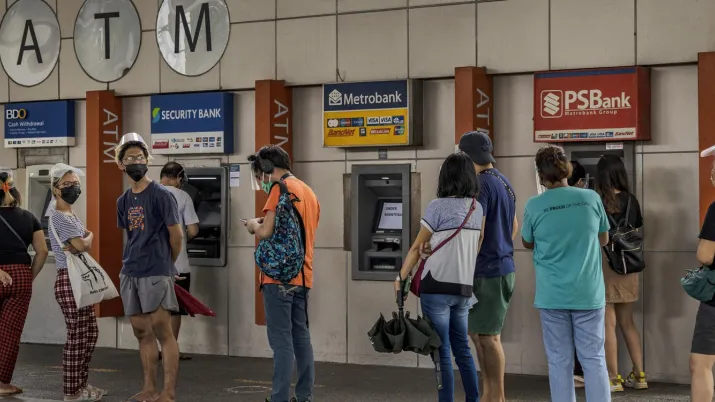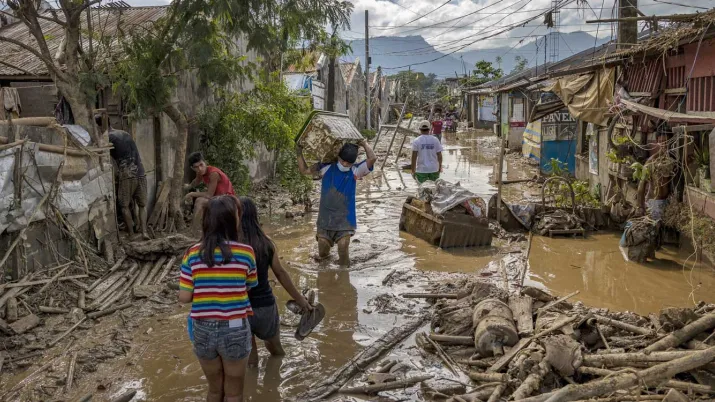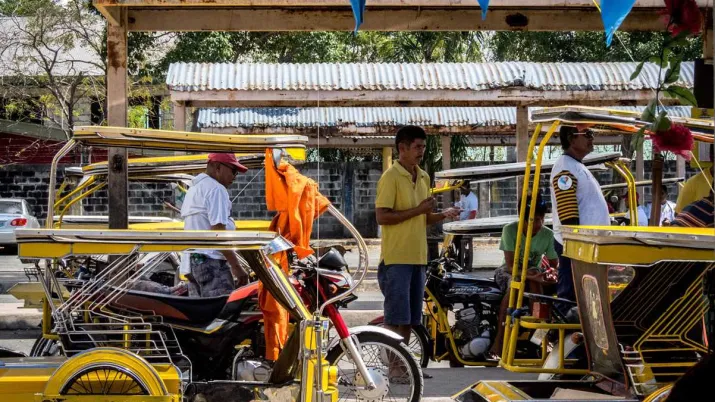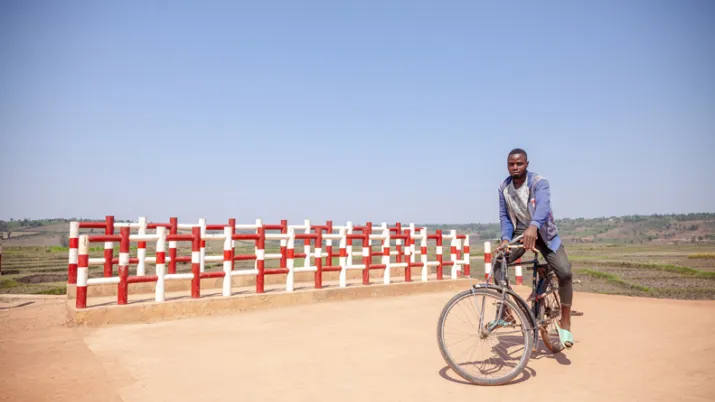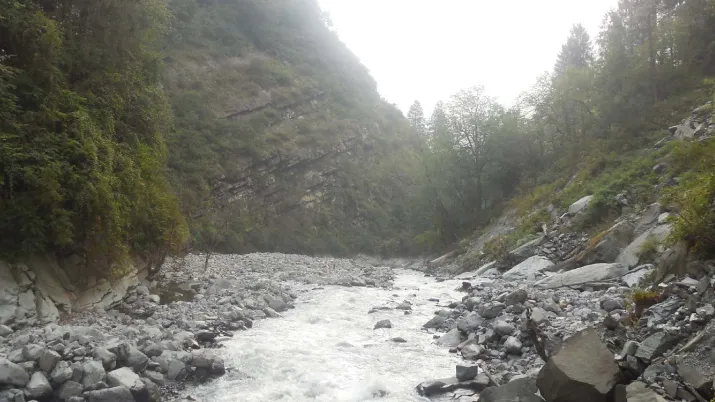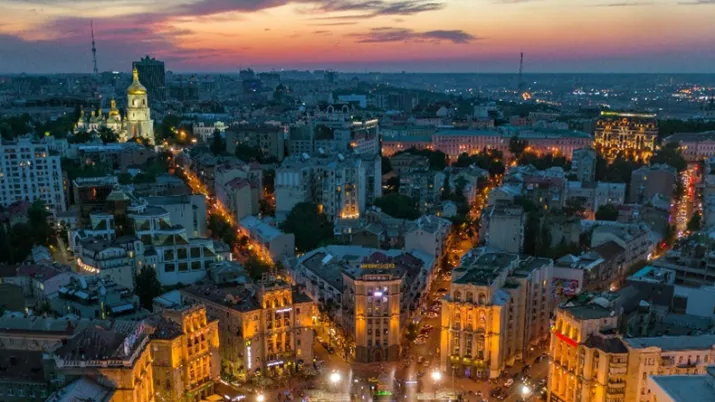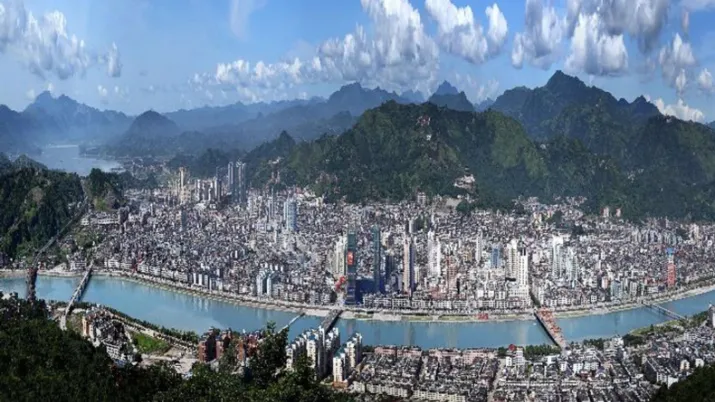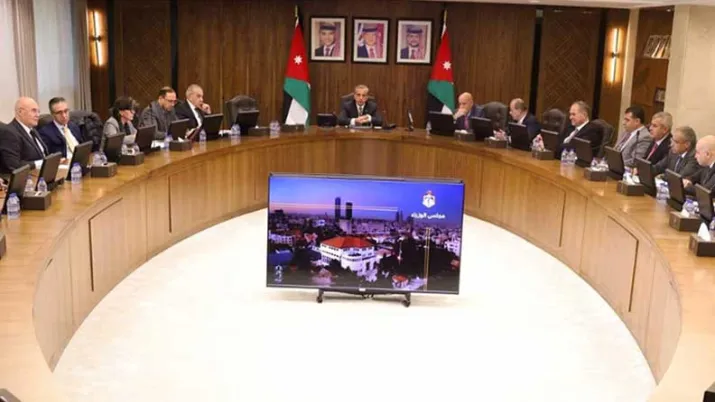Share the page
Support for the implementation of the National Climate Change Reform Program
Project
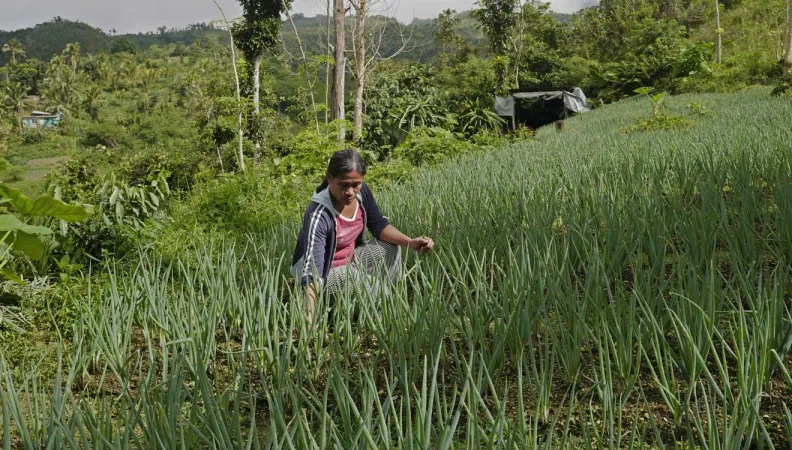

-
Project start date
-
Status
Ongoing
-
Project duration
-
10 ans
-
AFD financing amount
-
€ 150 000 000
-
Country and region
-
Location
-
Philippines
-
Type of financing
-
Beneficiaries
-
The Republic of the Philippines, Department of Finance of Philippines
Especially vulnerable to climate change, the Philippines has set ambitious targets under the Paris Climate Agreement. AFD supports the country in its reforms for low-carbon, resilient and inclusive development.
Context
Greenhouse gas emissions (GHG) from the Philippines are relatively low, yet they are increasing rapidly. The country, one of the most affected by natural disasters in the world, is also particularly vulnerable to the consequences of climate change. According to IPCC forecasts, the frequency and intensity of extreme weather phenomena such as typhoons may increase, while the rising sea level threatens the coastline of the archipelago. According to the panel of experts, the associated economic losses could represent up to 35% of GDP by 2048. The government of the Philippines has therefore affirmed its commitment to a sustainable and inclusive development path. In April 2021, it submitted its first nationally determined contribution (NDC) induced by the Paris Climate Agreement. Financing the reforms needed to achieve these objectives depends, to 75%, on the Philippines' ability to mobilize external funding.
Description
The program supports and accelerates the implementation of priority policy and institutional reforms under the Philippine NDC. Combining budgetary loan, technical support, mobilization of public and private financial actors and public policy dialogue, it contributes structurally to the archipelago’s inclusive and low-carbon trajectory. The reforms have three main objectives:
- Strengthen planning, financing and institutional linkages for climate action;
- Improve the resilience of populations and ecosystems to the impacts of climate change by adapting agricultural practices and improving the management of natural resources;
- Mitigate GHG emissions from the energy and transportation sectors.
- The program is built upon a public policy matrix with specific achievement and results indicators set for each reform axis. These serve as a basis for public policy dialogue with the Philippine authorities.
Impacts
The reforms associated to the program are expected to put the economic growth of the Philippines on a green and inclusive path by promoting:
- An economy which is less emissive and more resilient to climate change. This program will support the Philippines in the implementation of its NDC, with the goal of reaching a peak in GHG emission by 2030;
- The reduction of social imbalances through an enhanced resilience of rural populations, the reduction of inequalities around the use of natural resources and sensitivity to gender-based inequalities;
- The improvement of the quality of ecosystems by reducing pressure on environments and natural habitats;
- The adaptation of regulatory and governance frameworks (institutionalization of climate action in minis-tries and local governments) and funding mechanisms.



